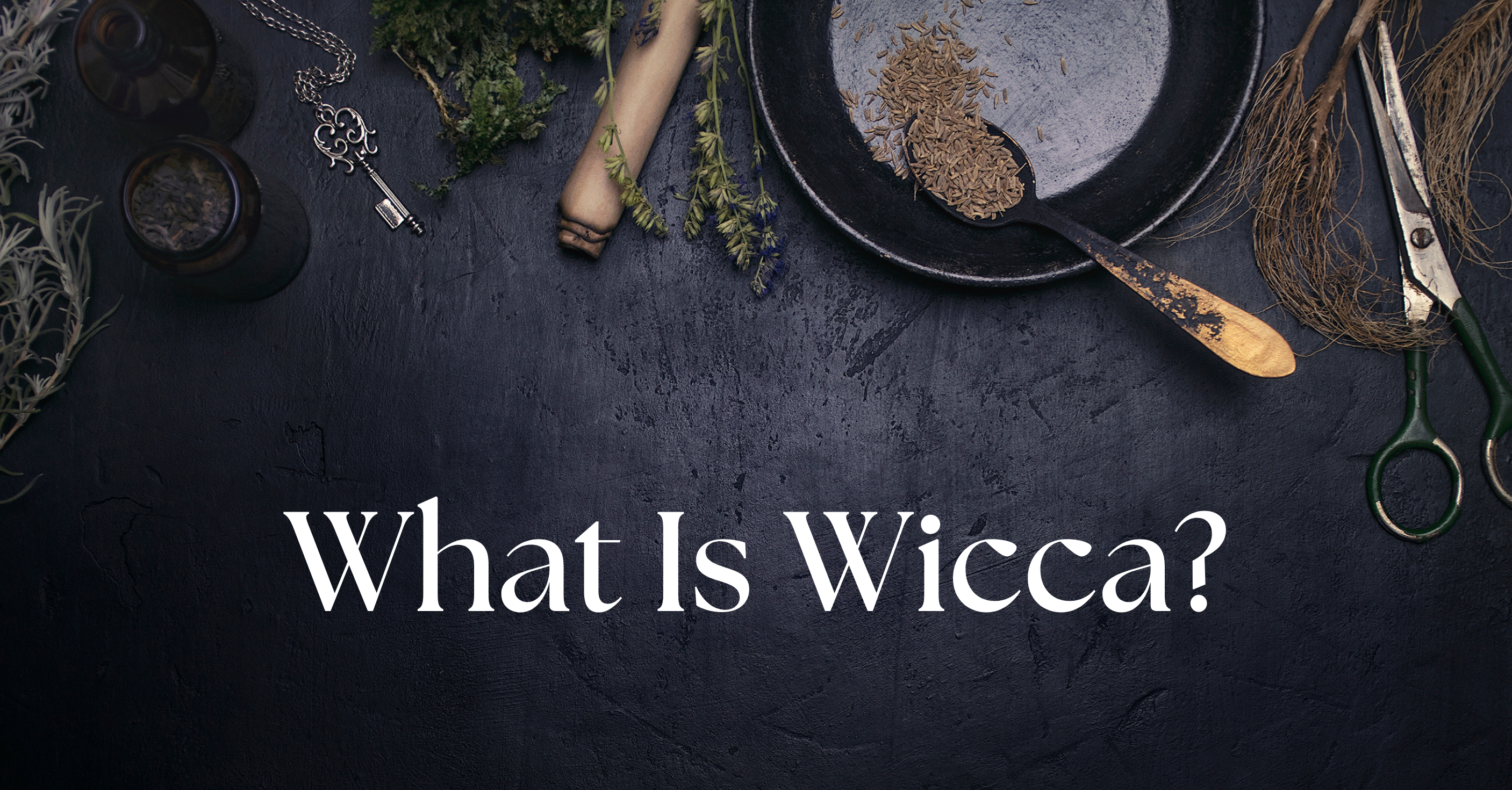What is Wicca?
In today’s world, many people are exploring different spiritual paths, and Wicca is one that continues to draw interest and curiosity. But what exactly is Wicca, and what does it mean to be a Wiccan? In this post, we’ll dive into the basics of Wicca, its beliefs, practices, and how it connects to the broader world of spirituality.
Wicca is a modern, nature-based spiritual practice that draws on ancient pagan traditions. It is often considered a form of contemporary witchcraft, though not all Wiccans identify as witches. Founded in the mid-20th century, Wicca was popularized by Gerald Gardner, a British occultist, and has grown into a diverse and widely practiced belief system.
At its core, Wicca emphasizes a deep connection to nature, the cycles of the moon, and the reverence of both a God and Goddess, symbolizing a balance of masculine and feminine energies. Many Wiccans also practice magic, casting spells and performing rituals that align with their spiritual beliefs.
Beliefs of a Wiccan
Wicca is a highly individualistic faith, and Wiccans may have slightly different beliefs and practices depending on their tradition or personal path. However, there are some common themes that many Wiccans follow:
- Reverence for Nature: Wiccans believe in the sanctity of the Earth and view nature as a source of spiritual power. Many Wiccans celebrate the changing seasons through festivals known as sabbats, which are part of the Wheel of the Year, a calendar of seasonal celebrations.
- The God and Goddess: Most Wiccans worship two deities—a God and a Goddess—who represent the divine masculine and feminine. The Goddess is often associated with the moon, while the God is linked to the sun and the cycle of life, death, and rebirth.
- The Wiccan Rede: A central tenet of Wicca is the Wiccan Rede, which states, “An it harm none, do what ye will.” This ethical guideline encourages Wiccans to live in harmony with others and the world, avoiding harm whenever possible.
- The Threefold Law: Wiccans believe in the concept of karma, often referred to as the Threefold Law. This principle suggests that whatever energy or intention you send out into the world—whether positive or negative—will return to you threefold.
Wiccan Practices
Wiccans engage in various rituals and practices to connect with the divine and harness spiritual energy. Some common practices include:
- Rituals and Ceremonies: Wiccans often perform rituals during sabbats, full moons (known as esbats), and other special occasions. These rituals may involve calling upon the elements (earth, air, fire, and water), invoking deities, and using symbols like candles, crystals, and herbs.
- Magic and Spellwork: Many Wiccans practice magic as a form of spiritual empowerment. Magic in Wicca is seen as the manipulation of energy through intention, often to bring about healing, protection, or personal transformation. Spellwork can include creating potions, charging crystals, or working with moon phases for specific goals.
- Divination: Wiccans may use divination tools like tarot cards, runes, or pendulums to gain insight and guidance from the spiritual realm.
What It Means to Be a Wiccan
Being a Wiccan is more than just following rituals and casting spells. It’s about developing a personal relationship with nature, honoring the cycles of the Earth, and striving to live in harmony with the energies around us. Wiccans see the divine in all things and work to cultivate balance, both in their inner lives and the world at large.
Many Wiccans practice as solitary practitioners, while others join covens, which are small groups of Wiccans who come together to celebrate and practice their faith. Regardless of how they practice, Wiccans share a deep respect for nature, personal freedom, and spiritual growth.
Conclusion
Wicca is a vibrant and evolving spiritual path that offers its practitioners the freedom to explore their own beliefs and practices while staying grounded in the natural world. Whether you’re drawn to the magical aspects of Wicca or its reverence for nature, it’s a belief system that encourages personal empowerment and ethical living.


One response to “A Beginner’s Guide to Understanding Wicca”
I have been looking for basic information about magic. Getting started seems so complicated!